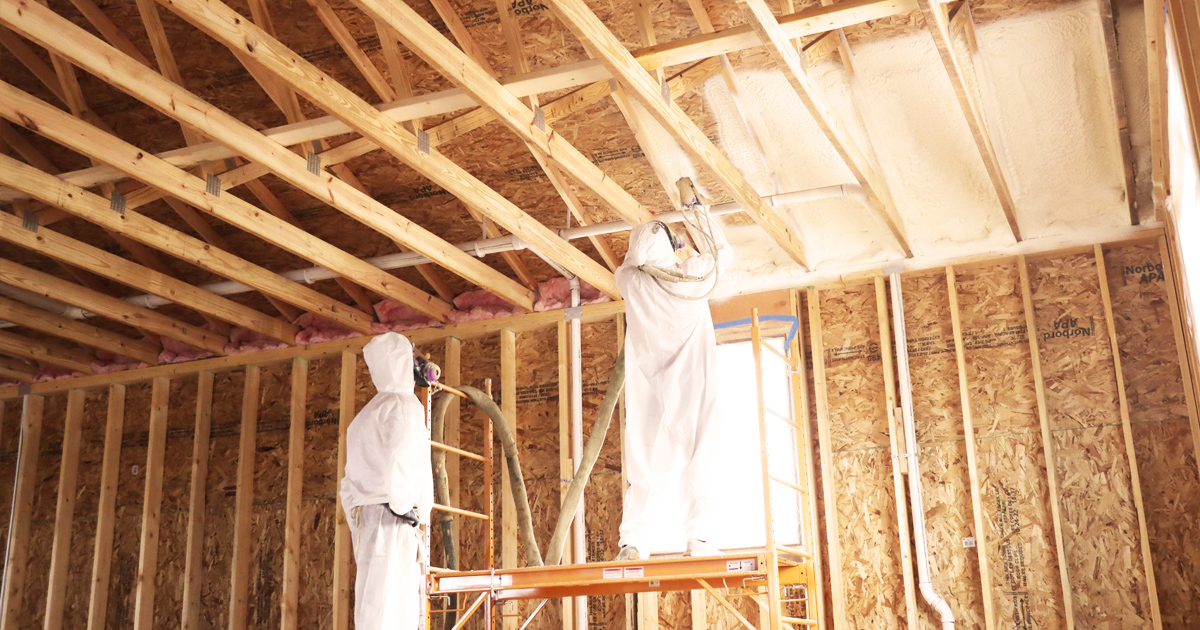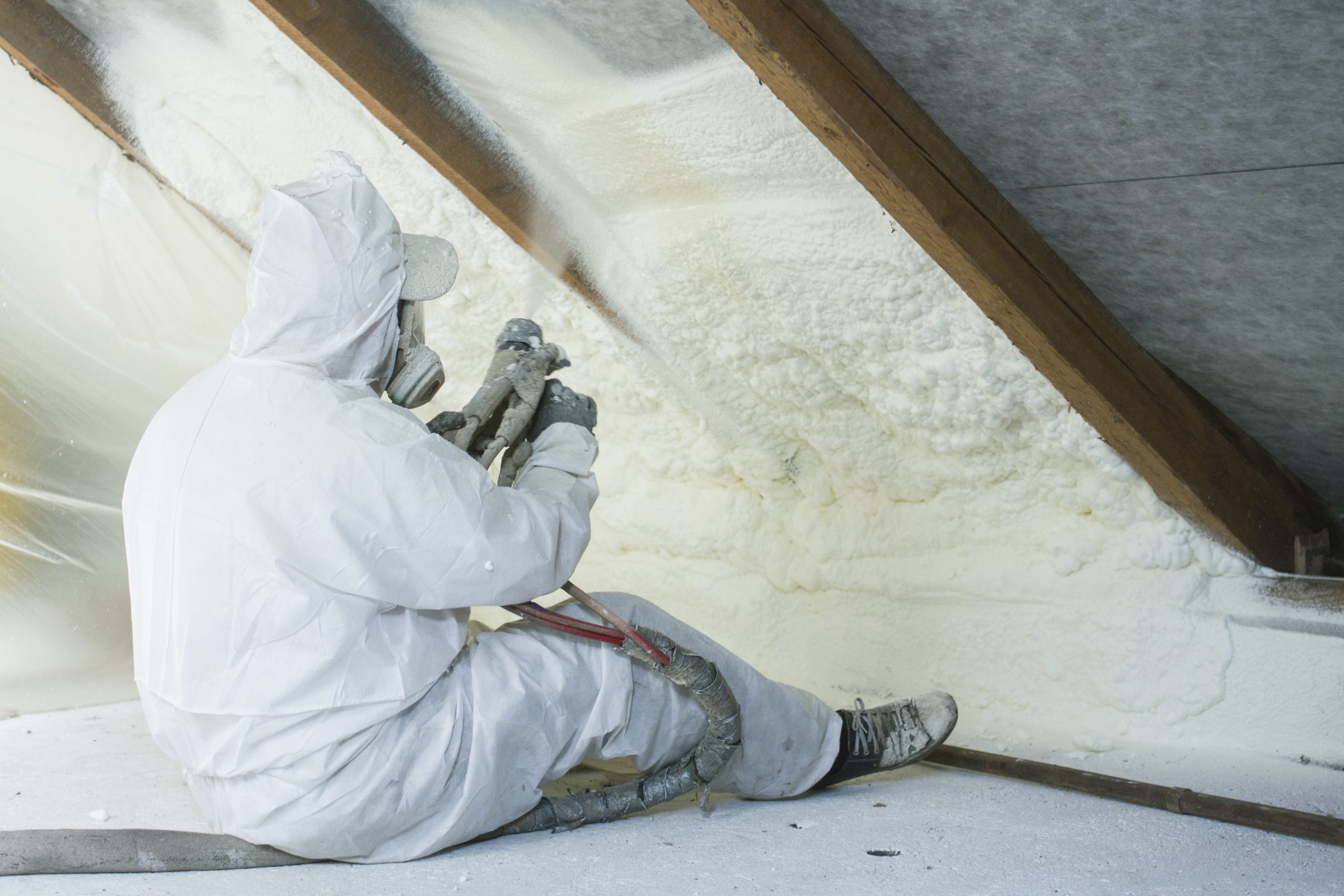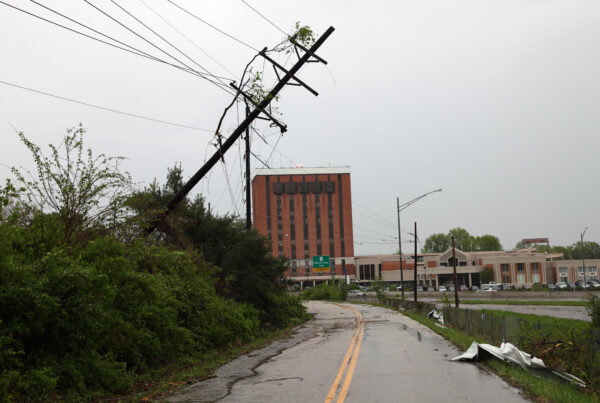Spray foam insulation reduces energy costs
Embracing an eco-friendly and energy-efficient lifestyle is straightforward with FSI’s comprehensive suite of insulation chemical systems, designed for both simplicity and efficacy in improving building insulation. Studies have shown that as much as 40% of a building’s energy is lost due to air infiltration, making spray foam insulation critical for energy efficiency.
Our portfolio includes innovative open-cell and closed-cell SPF solutions, each with distinct advantages. Open cell spray foam is known for its excellent sound absorption and breathability, making it ideal for indoor spaces. In contrast, closed cell spray foam provides unmatched moisture resistance and structural reinforcement, perfect for both interior and exterior applications.
Customization is at the heart of our service; if our extensive range of products doesn’t perfectly match your needs, we are equipped to develop a custom spray foam solution tailored to your project’s specifications. Our offerings ensure not only enhanced thermal insulation and airtight sealing but also boast outstanding fire resistance, long-term chemical stability, and robust durability.
Incorporating our Ecomate foam blowing agent, our spray foams are safe, with no toxicity, zero flammability, and no contribution to ozone depletion—aligning with the strictest of environmental regulations. Versatile in application, these solutions are suitable for a multitude of settings, from cozy residential homes to expansive commercial and industrial complexes, as well as critical infrastructure projects, solidifying our commitment to energy conservation and sustainable development.

Enhancing energy efficiency with Spray Foam solutions from FSI
By using our custom tailored solutions for insulation instead of traditional materials you can save thousands of dollars in energy costs over the lifetime of your building. Not only that but you’ll also be doing your part to protect the environment by reducing emissions from high energy usage.
Installing quality insulation is an easy way to reduce your carbon footprint and use fewer resources in both commercial and residential settings. Whether you’re looking for an economical installation or something more specialized like fireproofing or moisture management solutions—FSI has got you covered. Though there is a higher spray foam insulation cost than traditional insulation, studies show that it only takes a few years before the savings outweigh the cost of spray foam insulation. Our innovative solutions will help you save money on energy costs while protecting our planet at the same time.
Spray Foam from FSI is the energy efficient choice
- FSI’s Ecomate Technology offers insulation products with superior insulation value, air tightness, fire resistance, chemical stability and durability.
- Our products meet or exceed all energy efficiency regulations imposed by the government.
- Spray Foam insulation with Ecomate performs identically as HCFC-141b based systems that were banned.
- It can be used in a variety of settings, from residential buildings to industrial spaces.
- Installing these solutions can help reduce energy consumption, lowering costs and protecting the environment.
Commonly asked questions about Spray Foam Insulation
How does spray foam insulation improve energy efficiency?
Spray foam insulation enhances energy efficiency by creating an airtight seal in the building envelope. It fills gaps and cracks, preventing air leakage, which is a major cause of energy loss. This insulation reduces the workload on heating and cooling systems, leading to lower energy consumption and increased comfort.
Closed-cell spray foam offers a typical R-value of about 6.5 per inch, outperforming open-cell spray foam’s 3.5 per inch, and significantly exceeding fiberglass’s 2.2 per inch.
What is the difference in energy efficiency between open-cell and closed-cell spray foam?
Open-cell spray foam is lighter and has a lower R-value, making it better for sound insulation and indoor applications. Closed-cell foam has a higher R-value, providing better thermal resistance and moisture barrier properties. It’s more suitable for both interior and exterior applications, offering superior energy efficiency in preventing heat transfer.
Can spray foam insulation reduce energy costs, and by how much?
Yes, spray foam insulation can significantly reduce energy costs. The amount saved varies depending on the building’s size, climate, and existing insulation. It’s not uncommon for homeowners to see energy bill reductions of up to 20-40% after installing spray foam insulation, as it improves the efficiency of heating and cooling systems. This energy savings usually offsets the higher installation price within a few years.
Is spray foam insulation effective in all climates for energy efficiency?
Yes, spray foam insulation is effective in a wide range of climates. Its ability to create an airtight seal makes it particularly beneficial in both hot and cold climates. In hot climates, it keeps cool air inside and blocks heat, while in cold climates, it traps heat inside and blocks cold air, making it a versatile solution for energy efficiency.
How long does spray foam insulation maintain its energy efficiency?
Spray foam insulation is known for its longevity. It can maintain its energy efficiency for the life of the building, often exceeding 20 to 30 years without significant degradation. Unlike traditional insulation materials, spray foam doesn’t settle or degrade over time, ensuring consistent performance and energy savings in the long term. Regular inspections and maintenance can help ensure its efficiency is sustained.




